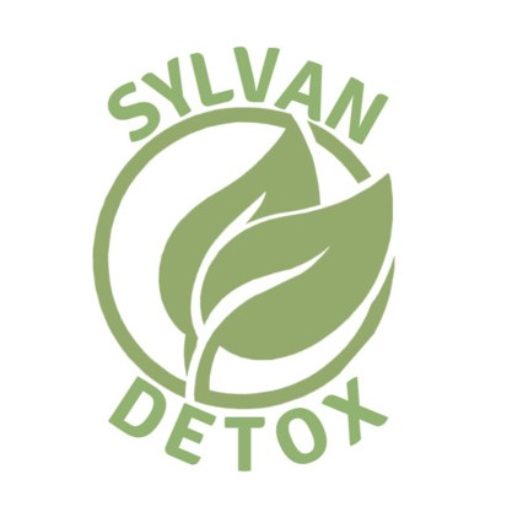What are Benzos?
Benzos, or Benzodiazepines, are a class of prescription medications used for managing anxiety disorders, insomnia, seizures, and alcohol withdrawal. They work by acting on the central nervous system by increasing gamma-aminobutyric acid (GABA), a neurotransmitter in the brain that induces relaxation and calmness. There are several types of benzodiazepines including Xanax, Clonazepam, Klonopin, Lorazepam, and Valium. Each benzo differs in terms of absorbability, potency, and purpose.
Why Seek Alternatives to Benzos if You’re in Recovery?
Despite their therapeutic benefits for severe anxiety, benzodiazepines are highly addictive. They are meant to be used short-term, but long-term use or benzo abuse can lead to physical and psychological dependence. Even when used as directed, a person can develop a benzo addiction. Benzo addiction can have very strong and dangerous withdrawal symptoms when you attempt to stop using. If you are struggling with substance use disorder, you are already at a higher risk for developing benzo dependence. Finding holistic therapies for anxiety and sleep issues through supplements, therapies, and lifestyle changes is your safest route when dealing with co-occurring disorders.
11 Safe Natural Alternatives to Benzodiazepines
- Ashwagandha: This herb is used in Ayurvedic medicine and it is available as a supplement. It is very helpful to calm generalized anxiety, especially for agoraphobia, and anxiety from open or crowded places. It has also been found to help with sleeplessness and nervous depletion.
- Valerian: Valerian root is used for various purposes, including anxiety and insomnia. Its tranquilizing effects can help those with insomnia get to sleep and some people report it also helps with stress and relaxation. It can increase drowsiness, so it should not be combined with benzodiazepines, antidepressants, or other prescription medications.
- Vitamin B12: Low vitamin B levels can affect moods, bringing on depression and anxiety issues. The vitamin is essential for red blood cell formation, and nerve and brain function.
- Magnesium: Research is being done on how magnesium helps regulate stress and lower anxiety levels. Many use magnesium supplements at night to help with anxiety and insomnia.
- Acupuncture: Part of Traditional Chinese Medicine, acupuncture is an all-natural alternative to anti-anxiety medications. It can also help with several sleep disorders and stress in general by helping to calm the autonomic nervous system.
- Nutrition & Exercise: Exercise can naturally boost endorphins which are the body’s feel-good hormones. Proper nutrition is also necessary to help the body be healthy and get proper sleep. These are two lifestyle changes that should be incorporated into any anxiety and insomnia therapy.
- Meditation: Regular meditation practice can restore a sense of calm and soothe anxiety symptoms by increasing mindfulness and reducing intrusive thoughts.
- Aromatherapy: Using scents as a complementary therapy can help relieve stress. In particular, lavender has a calming effect and can reduce anxiety.
- Yoga: By combining exercise and meditation, regular yoga practice can alleviate many stress, depression, and anxiety symptoms. Through deep breathing and stretching, it is beneficial for relieving areas of tension caused by stress and anxiety.
- Biofeedback: Done with a trained therapist, you are guided through thoughts that make you feel anxious while a computer shows how your brain is reacting. You are taught calming techniques and over time, the brain trains itself to calm down.
- Cognitive Behavioral Therapy: There are many forms of therapy that can help with generalized anxiety, particularly cognitive behavioral therapy. CBT helps to identify and change negative thought patterns that can contribute to and worsen emotional difficulties, depression, and anxiety.
Struggling to Quit Using Benzos? Sylvan Detox Can Help
Sylvan Detox is a drug and alcohol recovery center that offers recovery for benzodiazepine addiction. Our medical detox program can help you safely and comfortably withdraw from benzos. Our dual diagnosis treatment program can help treat your drug addiction or alcohol addiction and any co-occurring disorders that may have led to benzodiazepine use through evidence-based therapies like cognitive behavioral therapy and alternative therapies such as yoga and massage. If you are struggling with addiction to anxiety medications, please give us a call today, our dedicated staff is already ready to help.
